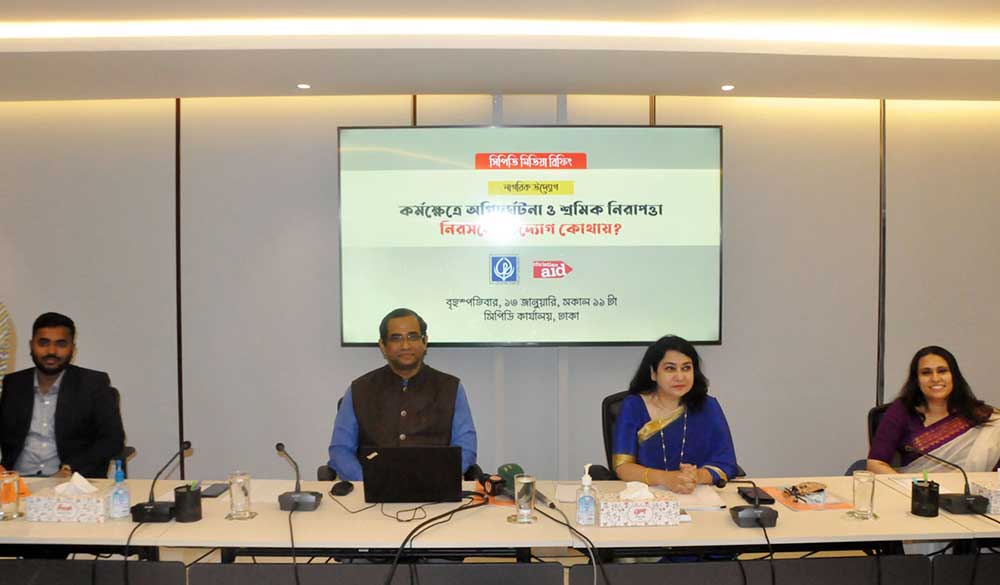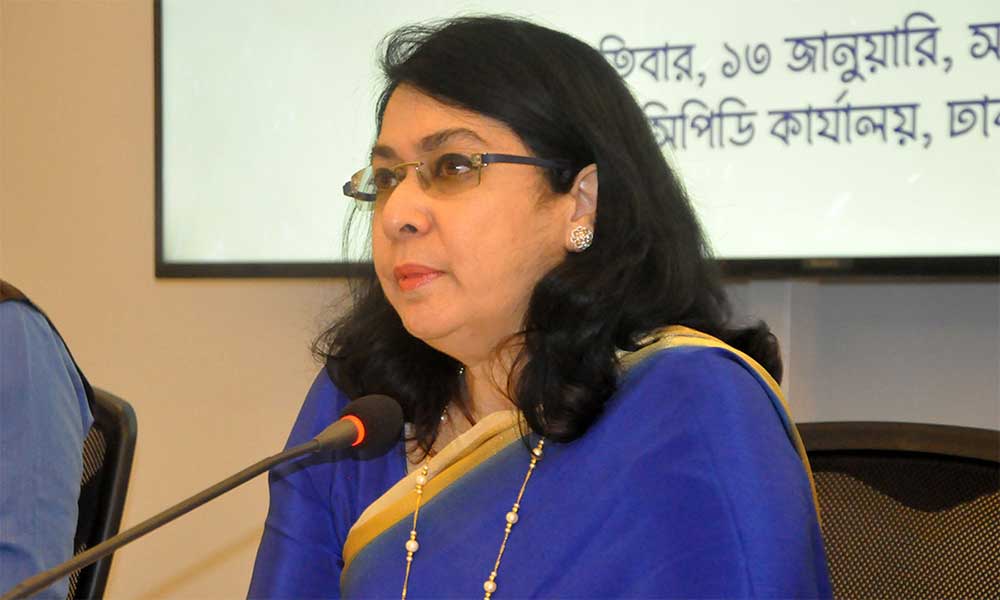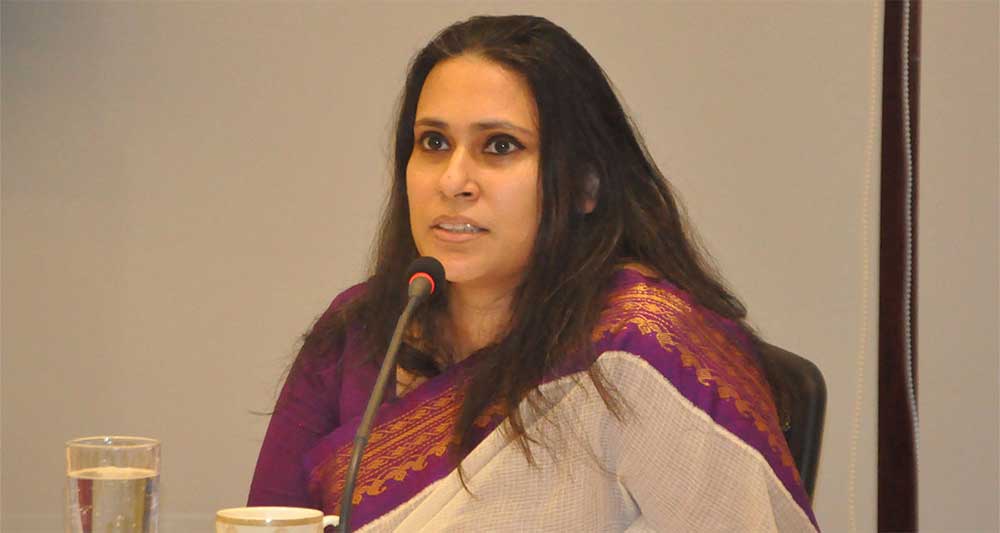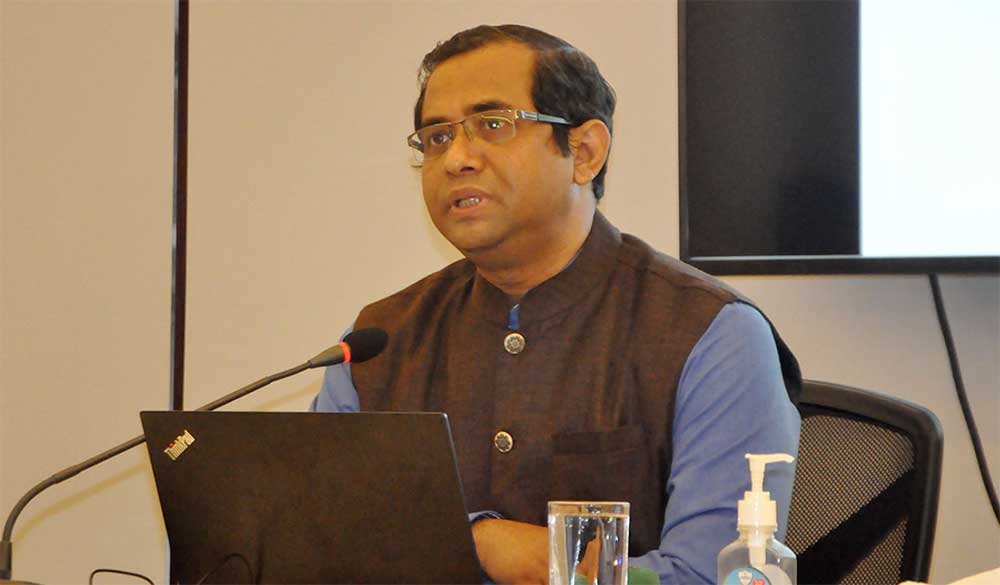
Industrial safety in non-RMG enterprises is almost an unaddressed issue, and rapid rise of industrial accidents in recent years has further deteriorating situation. An initiative for industrial safety measures under the overall coordination of the Bangladesh Investment Development Authority (BIDA) has been announced on 16 July 2021. However the progress under BIDA-led initiatives are not satisfactory. As part of civil-society initiative, the Centre for Policy Dialogue (CPD) has made an assessment of such government initiatives. On 13 January 2022, CPD in partnership with the Christian Aid in Bangladesh organised a Media Briefing on Fire Incidents in Workplaces and Workers Safety: Where are Corrective Actions?, as part of launching of the initiative.
The main objectives of the BIDA-led initiatives is to review the state of fire, electrical and environmental compliances of non-RMG enterprises and thereby to put forward suggestions on necessary corrective actions. A total of 5,000 factories were to be inspected by 108 teams during October-December 2021. A total of 1,900 factories in four main clusters (i.e., Dhaka, Chattogram, Gazipur, Narayanganj) were identified for inspection at first. Only 875 factories have been inspected as of 10 January 2022 which is only 17.5% of total targeted factories. The progress of inspection is not satisfactory though the inspection was supposed to be completed by December 2021.

In her welcome remarks, Dr Fahmida Khatun, Executive Director, CPD elaborated on the purpose of the Citizen’s Initiative and the role of civil society in ensuring workplace and workers safety. She noted that addressing gaps in ensuring labour rights and workers safety is much important given the upcoming milestones of Bangladesh’s development, like the LDC graduation in 2026.

Ms Nuzhat Jabin, Programme Manager – Economic Justice, Christian Aid Bangladesh gave the introductory remarks. She also noted that rigorous industrial safety measures are of critical importance now in order to reduce the accidents and casualties.

Dr Khondaker Golam Moazzem, Research Director, CPD made the keynote presentation. Non-RMG enterprises and establishments have been rising in the country because of growing economic activities targeting local and export markets. These rising sectors include food processing, plastic products, textiles, processed leather, basic metal products and non-metallic mineral products – mostly vulnerable for occupational safety and health. Most of the sectors/establishments confronted accidents and casualties mainly in housing, hospitals and market places, commercial and factories. Fire related accidents and deaths and injuries have been rising mainly in four clusters – Dhaka, Gazipur, Narayangonj and Chittagong. In service related activities, highest level of risks is observed in case of shopping mall/market (42.3%), educational institutions (22%) and health care services (19.2%).
The BIDA-led process confronted a number of operational challenges. These challenges include difficulty in coordination between different offices responsible for factory; problem of managing time by the officials of the DC offices in different districts in participating inspection; the officials of DoE and PWD have other departmental engagements and could not maintain the time schedule for inspection; and excessive work pressure on the officials of the department of explosive and office of chief boiler owing to shortage of human resources. In some areas, one official is a member of 8-10 inspection teams. Database management is likely to be a major challenge particularly to deliver overall and factory-specific challenges and recommendations.
Dr Moazzem continued that the Remediation Coordination Cell (RCC) needs to be involved in the inspection and monitoring process of non-RMG factories with necessary human resources and logistic facilities. He further recommended that the Department of Environment (DoE) recruit more inspectors/officers and provide necessary training for proper inspection.
The briefing was followed by a Q&A session with journalists from print and electronic media.


